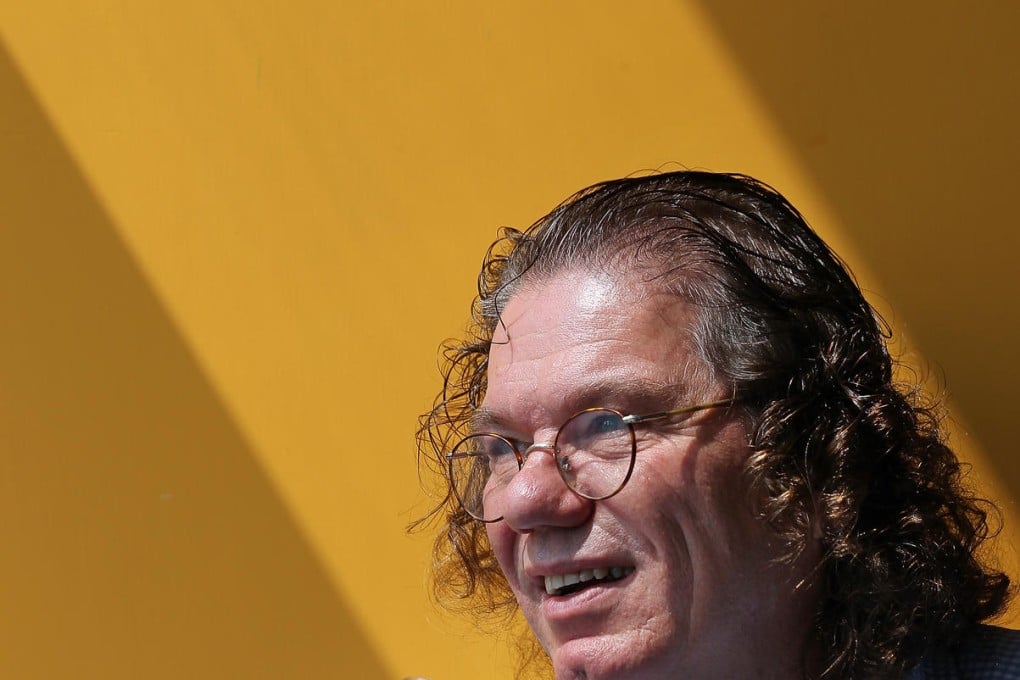Wine Opinion: terroir fervour
Keen observers of the global food and wine scene will have noticed that over the past 10 years it has become, if anything, less global. Gone are the days when a restaurant would be praised for its shipments of foreign seafood - "local" is in.


Wine, too, has seen a resurgence of terroir fervour, with winemakers touting the specialness of their plots. A winemaker's passion, they insist, is so intimately related to the land that the winemaker is an integral part of terroir.
Where does the flying winemaker fit in? For those whose vocabulary doesn't include this 1980s neologism, the flying winemaker is a child of affordable air travel. Instead of communicating by post, winemakers could suddenly travel to regions they'd only read about and actually make wine. Many were Australians using their off-seasons to get in another harvest up north. Ernst "Ernie" Loosen, the iconic German flying winemaker, launched his career with a bout of travel, saying that "if you taste all the great wines of the world, you get an idea about how a great wine should look." Identifying greatness is one thing, implementing it another. If we accept that wines from different places should taste differently (otherwise, why bother flying?), the key is to achieve greatness that is something beyond an aggregate of obvious traits ("generous fruit" or "silky texture") or else risk portfolio homogeneity, the dread of conscientious flying winemakers. Of course, much depends on the winemaker's level of involvement, be it advising on irrigation systems or offering wine hobbyists ready-made wineries lock, stock and barrel, 98-point scores included.
Some consultants have more than 100 properties under their belts; Loosen has a respectable four. When we met him recently, we discussed J. Christopher, his new Oregon property; his Washington joint venture with Chateau St Michelle; his Pfalz estate Villa Wolf; and, of course, his home in the Mosel region. Although these properties represent only a few varieties - mainly riesling and pinot noir - the climates vary hugely. Oregon and Washington, although neighbours, are nothing alike viticulturally; the former is all gentle hills and Burgundian fog, the latter mainly irrigated patches of desert. Although both Loosen and Chateau St Michelle grow riesling, their settings are as unlike as Ma On Shan and Wan Chai. How does Loosen handle this diversity? "A great wine starts in your head; I have a certain idea about a great wine and I think you can transform it to each category." Although this might have terroir obsessives up in arms, it is refreshing to speak to a winemaker who acknowledges man's role in winemaking. One sometimes feels terroir extremists would prefer us to believe that they happened upon a puddle of fermented grape juice collecting at a low point in their fields. Loosen can't be accused of flooding the world with identical wines either. He contributes his years of experience, but also his commercial savvy. This is perhaps the true root of wine fantasists' objections to flying winemakers; they can't countenance the words wine and money in the same sentence. Many wineries never see a cent of profit, only repaying their owners' investment once sold; for many idealists, this is unobjectionable if not laudable.
But for all its romance, wine is a business, and should not be held in an idealistic stranglehold by those who enjoy it. In his own words, Loosen is not a philanthropist, he runs a business. He is also a passionate man bringing diversity and wine from regions many will never visit, and we say cheers to that.
Debra Meiburg is a Master of Wine
